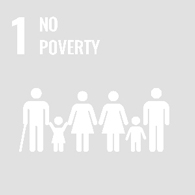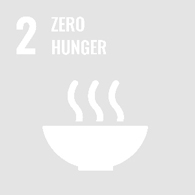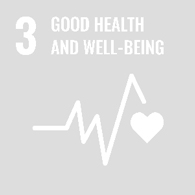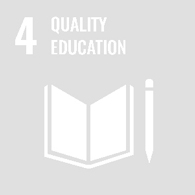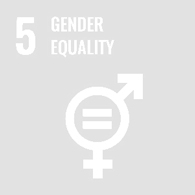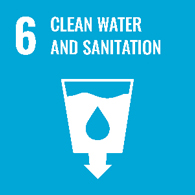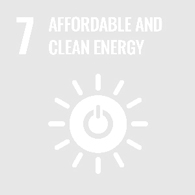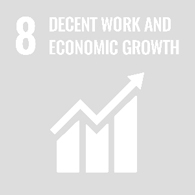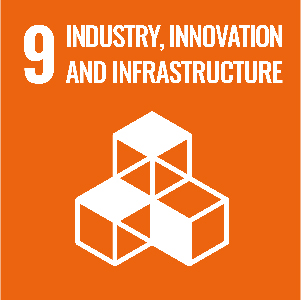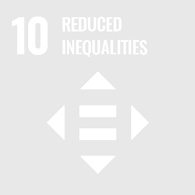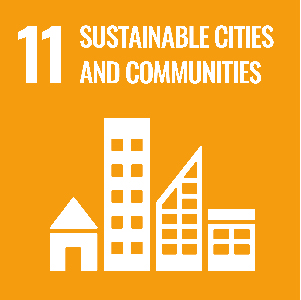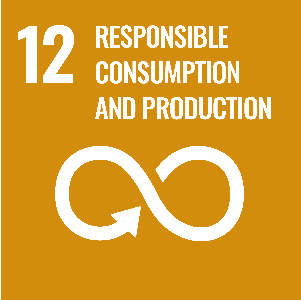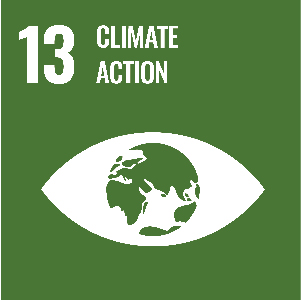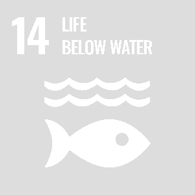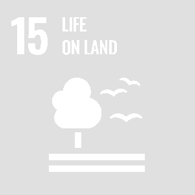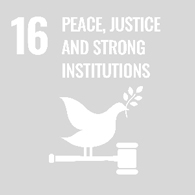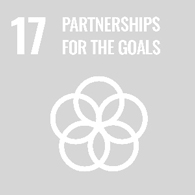Customer loyalty
In order to drive forward the decarbonization of industry and mobility, Messer attaches great importance to the recovery, use, and storage of CO₂, applications with clean hydrogen and efficient high-temperature processes.
While carbon dioxide is essential for life and industry, excessive CO₂ emissions caused by human activity are considered to be the main cause of climate change. This is why Messer founded ZeCarb. ZeCarb stands for “Zero Carbon”. ZeCarb’s services help to counteract climate change: industries that are difficult to decarbonize are supported in capturing, storing and/or recycling carbon dioxide by means of “Carbon Capture as a Service” (CCaaS; CO₂ recovery as a service). ZeCarb utilizes Messer’s decades of experience in CO₂ recovery and has a global partner network to capture various CO₂ sources and capacities worldwide.
Hydrogen is considered a key factor in the decarbonization of industry and mobility. Messer is focusing on selected segments in order to be able to respond more specifically to the associated requirements. These are the “H₂ One-Stop Shop”, a holistic service for the operation of bus fleets, the “H₂ Refueling Solution”, which bundles experience, expertise and safety in hydrogen supply and refueling, and the “H₂ On Site Concept”, which includes cost-optimized solutions for the on-site production of clean hydrogen including the optimal use/marketing of all by-products. Safety is crucial for the use of hydrogen on a large scale. As an industrial gas specialist Messer has many years of experience with hydrogen - from quality assurance to filling technology and logistics, right through to application.
Many different types of furnaces are used in heating, melting, refining, cleaning, and calcining processes. They are used for the production of non-ferrous and ferrous metals, glass, ceramics, mineral materials and many other purposes. In these furnaces it often makes sense to inject oxygen or other gases or to use oxyfuel combustion, which increases process efficiency and thus reduces CO₂ emissions. Messer offers tailor-made oxyfuel burner technology with a low Nox content and high output for this purpose. With two device families for injection and combustion processes and systems, a wide range of applications can be covered. The strengths of the Oxipyr and Oxijet technologies are high capacity, low downtime, low emissions, and flexible adaptation to various existing processes.
Our information offerings and the opportunities for collaboration with our customers are diverse. Communication and information offerings, as well as increased trade fair appearances following the end of the Covid-19 pandemic, play a major role in this.

